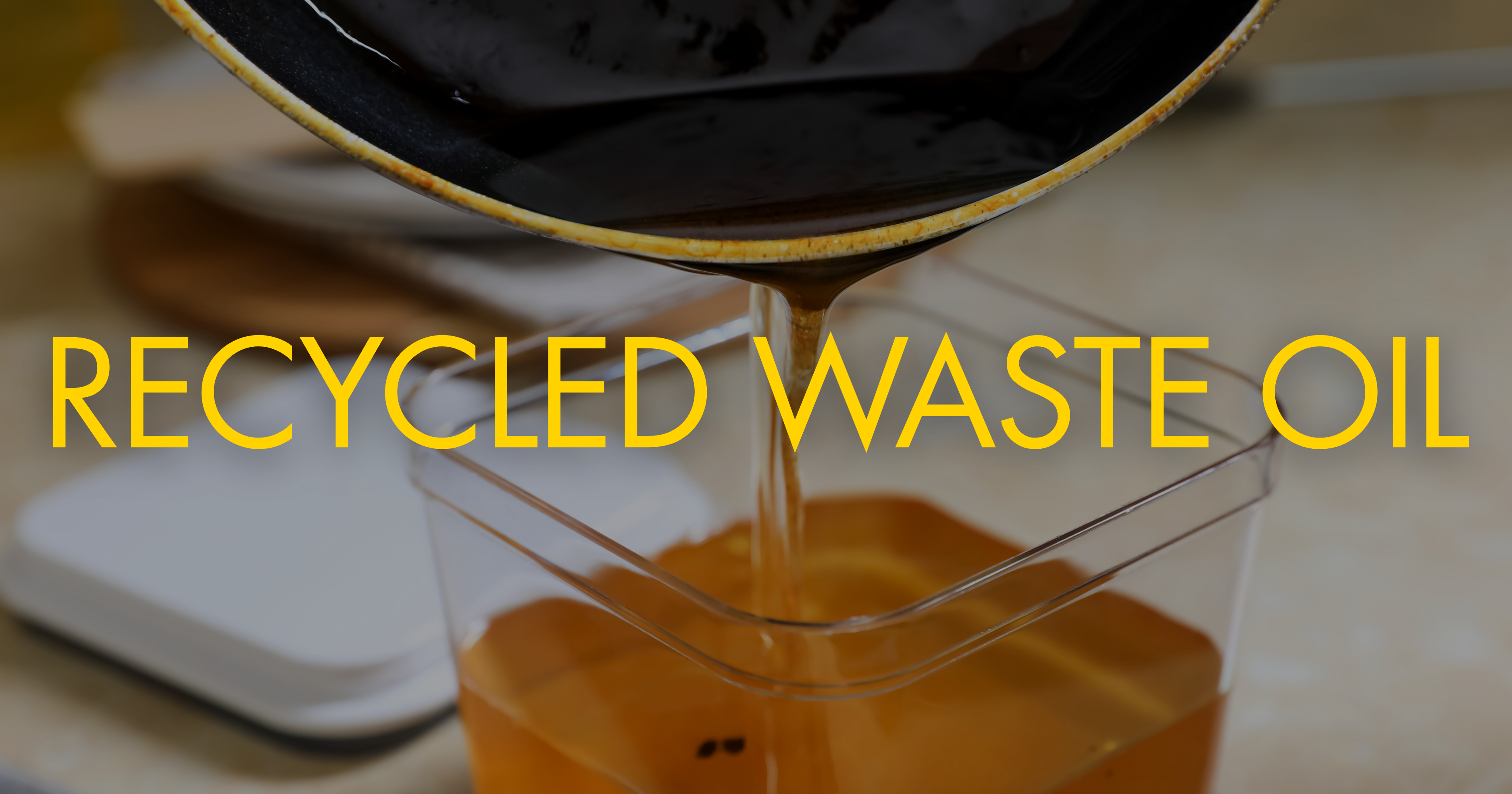 Have you ever scrolled midway and thought, “Wait… Did You Know?”
Have you ever scrolled midway and thought, “Wait… Did You Know?”
That small three-word phrase has a magic wand effect—it draws you in, piques interest, and makes you curious to learn more. On Instagram, YouTube Shorts, or a site like this one, “Did You Know?” has turned into one of the strongest hooks on the web.
But Did You Know? this phrase is not new at all—it’s been around for decades in textbooks, trivia shows, and school posters. What has changed is where we use it now. From marketing to education to viral videos, “Did You Know?” is everywhere, shaping how people learn, think, and even shop online.
So let’s get started and see why this little phrase can have such a dramatic effect—and discover some “Did You Know?” facts that’ll blow your mind away.
The Power of Curiosity
Why Curiosity Makes “Did You Know?” So Addictive
One of the most powerful emotions in human psychology is curiosity.
When you hear, “Did You Know?”, your mind goes into automatic high gear—you become attentive, fascinated, and eager to learn something new.
That’s why creators, brands, and teachers love this phrase.
It’s not just a question—it’s an invitation. It says: “Follow me, I’ll take you somewhere interesting.”
The Science Behind It
Did You Know? your brain gets a dopamine hit when you discover something unexpected?
That’s why these little tidbits are so addictive. It’s not just learning—it’s a happiness hit in a tiny package.
The Social Media Secret
You would not believe that diesel made from recycled waste oil performs as well as conventional diesel.“

If you scroll through Reels, TikTok, or YouTube Shorts, you’ll notice something—almost every viral educational or marketing video starts with Did You Know?
The Numbers Prove It
Did You Know? short-form videos that start with a question have a 30–40% higher view rate,BEYOND than those that don’t. That’s because people feel like they’re part of a conversation, not a lecture.
For instance:
-
“Did You Know? You can make plants grow quicker just by chatting to them every day?”
-
“Did You Know? 90% of your phone pictures are never gazed upon twice?”
-
“Did You Know? Your favourite colour can tell you more about your personality than you realize?”
These scroll-stopping lines grab attention instantly. If you’re a brand or creator, beginning your content with Did You Know? is a sure way to increase engagement.
It’s More Than Trivia
Beyond Fun Facts – The True Power of “Did You Know?”
Most people assume “Did You Know?” is for entertainment or trivia—but it’s much more than that.
How It’s Used Across Industries
Did You Know? businesses use it in marketing, teachers use it in classrooms, and brands use it in ads to make learning fun.
For example:
-
Teachers employ “Did You Know?” slides to simplify science topics.
-
Brands use it to creatively highlight product benefits.
-
Influencers use it as a storytelling hook.
When done right, Did You Know? builds connection, not just awareness. It makes people pause, smile, and think, “Wow, I didn’t know that!”
“Do you know that waste oil recycling waste oil to diesel facilitates fuel that will comply with environmental requirements? “
Turning Curiosity into Credibility

Did You Know? that brands use this phrase to build trust and authority?
Imagine a skincare company saying:
“Did You Know? 70% of people use the wrong moisturizer for their skin type?”
Or a solar company saying:
“Did You Know? Installing solar panels can save you up to 60% on your electricity bills?”
Why It Works
It feels friendly, informative, and persuasive—all at once. That’s why Did You Know? is now a global content marketing strategy. It bridges the gap between facts and feelings—and it converts.
Why People Love “Did You Know?” Content
The Emotionally Charged Memory Effect
Humans love learning new things—especially when it’s easy.
That’s why Did You Know? content goes viral so quickly.
The Psychology of Learning
Did You Know? our brains remember surprising facts 2x longer than regular information? This is known as the emotionally charged memory effect.
That’s why social media thrives on short “Did You Know?” bursts. It’s not about reading a long article; it’s about feeling smart in 15 seconds.
The 2025 Viral Trend
“Did You Know?” Is Everywhere This Year
In 2025, Did You Know? videos are trending across every niche—tech, health, travel, and marketing.
How Different Industries Use It
-
Tech: “Did You Know? AI can now create human voices in seconds?”
-
Wellness: “Did You Know? Drinking water early boosts metabolism?”
-
Travel: “Did You Know? There’s a beach in India where sand glows at night?”
-
Marketing: “Did You Know? 80% of users trust brands with human-like content?”
This trend is universal—it breaks language and cultural barriers.
Everyone responds to curiosity, and that’s what keeps Did You Know? timeless.
“Did you know that every gallon of waste oil recycling waste oil to diesel saves natural resources? “
The Information Gap Theory

Why does this phrase pull us in so powerfully?
It’s because “Did You Know?” triggers the Information Gap Theory—when our brain senses a gap between what we know and what we don’t, it craves to fill it.
How Big Media Uses It
Did You Know? platforms like BuzzFeed, NatGeo, and History Channel design headlines using curiosity hooks—boosting clicks, views, and retention.
Simply put—“Did You Know?” works.
How You Can Use “Did You Know?” Too
Practical Ways to Apply It in Your Content
You don’t have to be a celebrity influencer to use this trick. Here’s how you can start:
Simple Usage Ideas
Social Media Captions:
“Did You Know? Most users decide in 3 seconds whether to follow a page.”
Blogs:
Open with “Did You Know?” to hook readers fast.
Presentations:
Start slides with a “Did You Know?” fact—it makes you sound confident.
Videos:
Use “Did You Know?” as your intro—it’s catchy and memorable.
Marketing:
Turn product facts into “Did You Know?” statements to make your pitch personal and relatable.
Used wisely, Did You Know? improves communication, boosts SEO, and even helps your content go viral.
Facts That’ll Amaze You Right Now
Real “Did You Know?” Moments
Here are some quick ones to blow your mind:
-
Did You Know? Bananas are berries, but strawberries aren’t.
-
Did You Know? A single cloud can weigh more than a million pounds.
-
Did You Know? Octopuses have three hearts.
-
Did You Know? Honey never spoils—it’s nature’s forever food.
-
Did You Know? There are more stars than grains of sand on Earth.
-
Did You Know? Your fingerprint has a twin—your tongue print.
-
Did You Know? Every minute, over 3 million videos are viewed on YouTube.
That’s the magic of curiosity—it makes learning joyful again.
Final Thoughts
The True Power of “Did You Know?”
“Did You Know?” is more than just a question—it’s an emotion.
It inspires curiosity, sparks connection, and commands instant attention.
So next time you create content, post a video, or give a talk, start with this simple phrase:
Did You Know?
Because behind these three little words lies one big secret—
the power to make anyone stop, think, and engage.
